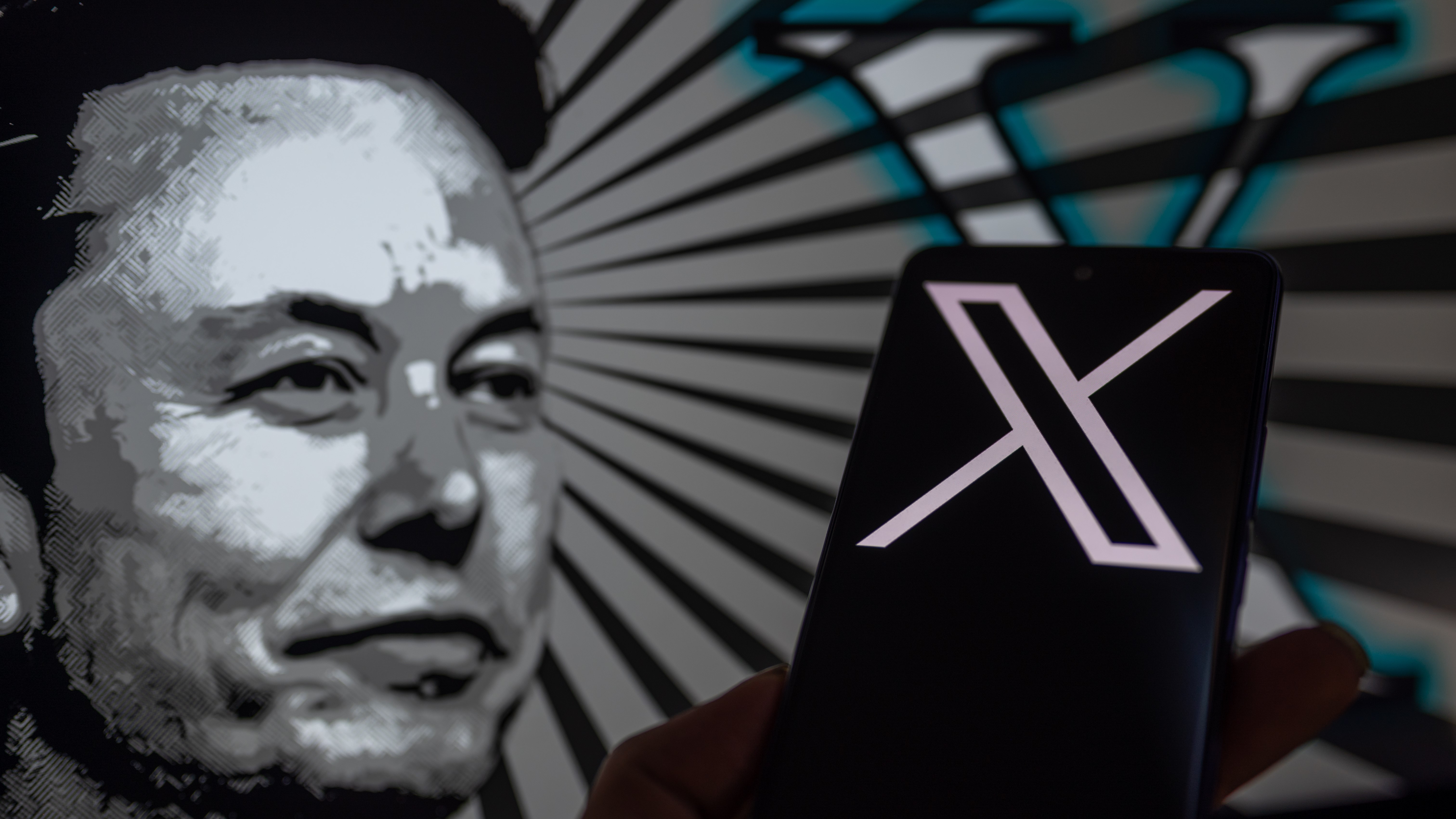Elon Musk responds to EU ultimatum over alleged Israel-Hamas misinformation on X
EU's Thierry Breton gave X (Twitter) 24 hours to tackle misinformation

Elon Musk, owner of X (formerly known as Twitter), has responded to the 24-hour EU ultimatum on tackling the alleged Israel-Hamas misinformation being spread on his social media platform.
In a tweet, EU Commissioner Thierry Breton posted a letter directed at Musk dated October 10, 2023, to remind the billionaire of his obligations under the Digital Service Act to halt the dissemination of illegal content and misinformation across the service.
"Our policy is that everything is open source and transparent, an approach that I know the EU supports," commented Musk under Breton's post, whilst inviting him to list the violations directly on the platform for all the public to see.
How X deals with misleading content
The Musk-Breton back-and-forth went on for another couple of additional comments.
Breton claimed that X is "well-aware" of the reports of glorification of violence and fake news he refers to. Musk, from his side, kept asking to share the exact violations his platform was accused of.
"We take our actions in the open. No back room deals. Please post your concerns explicitly on this platform," he wrote.
Following the terrorist attacks by Hamas against 🇮🇱, we have indications of X/Twitter being used to disseminate illegal content & disinformation in the EU.Urgent letter to @elonmusk on #DSA obligations ⤵️ pic.twitter.com/avMm1LHq54October 10, 2023
Nonetheless, in his letter, Breton also raised concerns about some changes in X's public interest policies which "occurred over night" and "left many European users uncertain."
Sign up for breaking news, reviews, opinion, top tech deals, and more.
As of October 10, X counted more than 50 million posts already shared across the platforms about the ongoing conflict in Gaza in just about three days. The social media giant decided to then react by enforcing some policy updates as the events keep unfolding.
The platform removed previous restrictions concerning the spread of difficult content. It believes "it's in the public's interest to understand what's happening in real time," the X Safety team explained.
At the same time, it has assured the public that it's working hard to block "newly created Hamas-affiliated accounts" under its Violent and Hateful Entities Policy. It even mentioned its ongoing joint-efforts with the Global Internet Forum to Counter Terrorism (GIFCT) to prevent the contribution of "terrorist content."
EU Commissioner Thierry Breton backed French President Macron's call for debate on social media blocks when these fail to deal with content inciting violence. This will mean people may need to turn to VPN services to keep accessing these platforms.
Read our full report to understand how DSA rules could be used to enforce social media shutdowns in Europe.
However, criticism remains over how X is handling things at the moment as fake and manipulated content about the Israel-Hamas war keeps proliferating, tweet after tweet.
Musk himself reportedly suggested users to follow two accounts who are allegedly "following the war in real-time" on Sunday. Later on, some journalists and X users pointed out to have shared fake AI-generated images and antisemitic comments in previous months, Euronews reported.
Commentators have long been warning against Musk's free-speech absolutist approach, which is thought to have made the platform more vulnerable to the spreading of dangerous content.
From the monetization of verified accounts and widespread layoffs in crucial teams, to the recent decision to remove the dedicated feature to report electoral misinformation, many seem to agree that fake news could soon get a lot worse across X's feed.
"War is always a cauldron of tragedy and disinformation; Musk has made it worse," said Analyst Emerson Brooking of the Atlantic Council. "Musk has repeatedly and purposefully denigrated the idea of an objective media, and he made platform design decisions that undermine such reporting. We now see the result."

Chiara is a multimedia journalist committed to covering stories to help promote the rights and denounce the abuses of the digital side of life – wherever cybersecurity, markets, and politics tangle up. She believes an open, uncensored, and private internet is a basic human need and wants to use her knowledge of VPNs to help readers take back control. She writes news, interviews, and analysis on data privacy, online censorship, digital rights, tech policies, and security software, with a special focus on VPNs, for TechRadar and TechRadar Pro. Got a story, tip-off, or something tech-interesting to say? Reach out to chiara.castro@futurenet.com